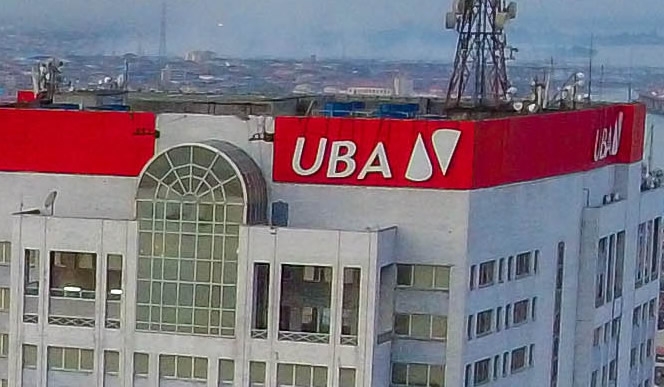FOUR WEEKS AGO, we looked at the steps to follow in the event of an incident leading to a claim. Today, we are going to look at a practical case on claims procedure and one of the principles of insurance, subrogation.
A client called me on Wednesday evening. A careless lorry driver hit his jeep from the rear, as he turned off the road towards his house, with his trafficator light clearly indicating he was turning off the main road. He called me immediately. I asked for the insurance policy number of the tortfeasor (the negligent lorry driver). I checked the status of the policy on the Nigerian Insurance Industry Database. It was a motor (third party) insurance policy and it was genuine and active.
Next, I advised my client to report the accident at the nearest police station. I also told him to take photographs of the damaged portions of the vehicle and get an estimated cost of repairs. When all the documents are in place, I will forward them with the completed claims form to the insurance company where his policy is domiciled. I have since informed the insurance company about the accident.
Now after, I have submitted the documents and the claim has been adjusted, the underwriter will send a discharge voucher, which I will complete, sign and return on behalf of my client. The underwriters reserves the right to either repair, replace or pay cash. Most of the time, however, underwriters save themselves the hassles of repairs or replacement and simply pay cash in settlement of claims.
After the insurance company has paid my client’s claim, my client will not be entitled to getting relief anymore from the lorry driver because doing that will mean my client is getting more than indemnity, which negates the whole essence of insurance: putting him in the financial position he was before he suffered the loss. That is where subrogation comes in. Subrogation, as I said earlier, is one of the six principles of insurance and means the legal principle where the insured surrenders the rights against a third party to his insurance company after claiming and receiving compensation for the insured loss. The insurance company now sues the negligent third party, but in the name of the insured, to recoup what it has paid the insured. In theory, the insurance company can only commence legal proceedings against the third party after compensating the insured. But in practice, legal proceedings do go on simultaneously with the processing of the claim.
In the case above, the lorry driver’s insurance company will take care of his third party liabilities for damage to the vehicle to the tune of N1m. As long as the claim is within N1m, he is protected by his insurance. But if it exceeds N1m, the extra sum above N1m devolves to him if the insurance company of the plaintiff successfully prosecutes its case. That is one of the reasons why policy holders are advised to behave as if they have no insurance in place. A typical motor policy has N1m limit for third party property damage. Meanwhile these days, the pair of rear lights of some of these luxury vehicles costs more than N1m naira. If you damage such a vehicle from the rear, your motor policy will only cover your legal liabilities to the tune of N1m, while you are your own insurer for the balance.
In practice many insurance companies do not exercise their subrogation rights, especially if the claim is small. Underwriters also have market agreement which prevents them from exercising subrogation rights against one another’s clients.
The implication is that if, for instance, my client’s vehicle is insured with Company A, while the lorry is insured with Company D, if they have a market agreement to waive their subrogation rights against each other’s clients, Company A will not sue the lorry driver.










